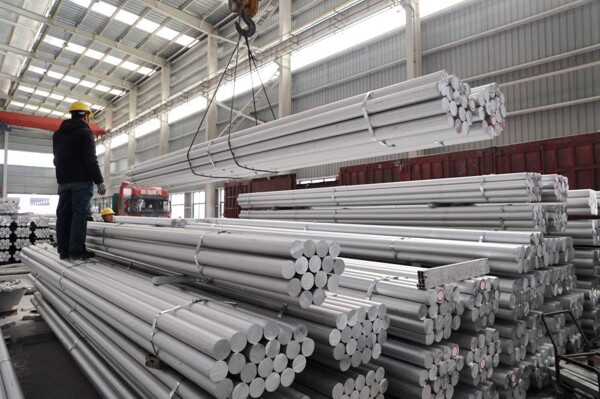
The transition in the energy sector largely relies on rare metals such as lithium, cobalt, and nickel, which are used in technologies such as batteries, solar energy, and wind power. These technologies are used once and then the metals are recycled, making them more efficient than fossil fuels.
Despite China extracting around 13% of the global lithium, it controls a significant portion of the processing and refining operations. While the United States seeks to reinvigorate local supply chains, concerns are growing about the fragility of these supply chains and the geopolitical tensions affecting them.
Some countries like Indonesia, Chile, and Mexico have taken steps such as imposing restrictions on the export of rare metals to boost their local industries. These measures reflect a nationalistic tendency aimed at achieving greater gains from the natural resources.
China is effectively increasing its investments in global markets to secure its supplies, while heavily relying on imports of metals like nickel and copper. The competition between China and the United States in the field of rare metals is leading to fluctuations in global markets and geopolitical impacts.
Professor Tais van de Graaf from the 'Ghent' University discussed the global conflict over rare metals and its impact on international political geography. He confirmed the existence of strong competition between China and the United States over these metals, with an advantage for China due to its developed lower-tier infrastructure.













